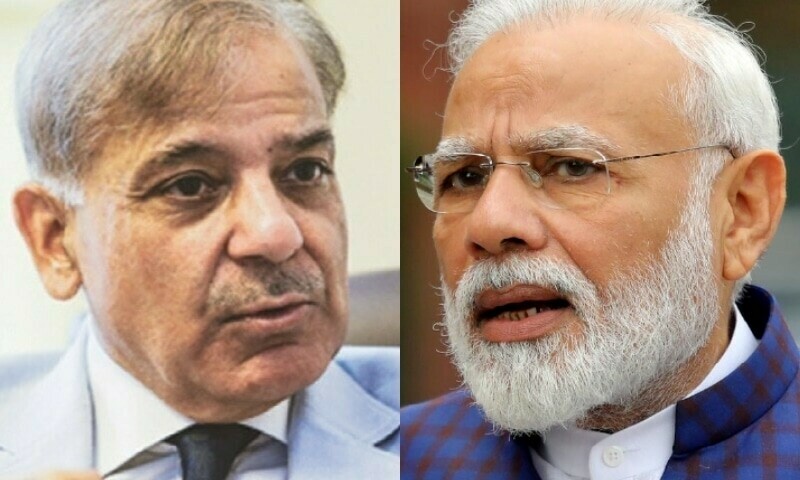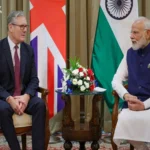US-Brokered Ceasefire Between India and Pakistan: Global Reactions
Following days of heightened military conflict, a ceasefire agreement was reached between India and Pakistan with mediation by the United States. The truce, announced by President Trump, came in the wake of escalating hostilities that began after a deadly attack in Indian-occupied Kashmir’s Pahalgam on April 22, which left 26 dead.
India attributed the attack to “cross-border linkages” without presenting evidence, while Pakistan rejected the claims and demanded a neutral investigation. This led to a series of retaliatory drone and missile strikes from both nations. Despite violations reported by both sides, the agreement marks the most significant diplomatic development in the region in years.
Global media outlets responded swiftly, analyzing not only the implications of the ceasefire but also the shifting balance of regional power, diplomacy, and influence.
Western Media Emphasizes US Diplomacy and Fragile Peace
The Guardian‘s Jason Burke noted that if the ceasefire endures, a new “battle of narratives” is likely. Drawing historical parallels, he underscored Washington’s key role in halting conflict despite competing interests from Russia and China. He emphasized that economic considerations, not just humanitarian concerns, may have played a decisive role in urging restraint.
The Washington Post questioned the effectiveness of US diplomacy, pointing to skepticism in both India and Pakistan about America’s actual role. Nonetheless, the ceasefire is being viewed as a significant, albeit fragile, success of US-led backchannel negotiations.
Sky News warned against premature optimism. While acknowledging the deal, they stressed that the recent skirmishes marked one of the most serious escalations in decades and cautioned against assuming that peace would hold long-term.
South Asian and Gulf Perspectives Highlight Shifting Dynamics
Al Jazeera framed the ceasefire as a diplomatic setback for India, noting that Prime Minister Modi’s government appeared to have yielded under US pressure. The analysis suggested this could signal a weakening of India’s long-standing opposition to third-party mediation on Kashmir.
The Wire, an Indian publication, credited the technicalities of the truce to direct talks between the countries’ Directors General of Military Operations (DGMOs). However, it acknowledged that this military coordination was only possible due to broader political pressure—primarily from Washington.
Meanwhile, Time magazine shifted the focus to the Gulf states. It noted that strategic interests, not religious or ideological loyalties, are increasingly shaping relationships in the region. Gulf countries, once viewed as closer to Pakistan, are now actively engaging with India as a key economic and political partner.








